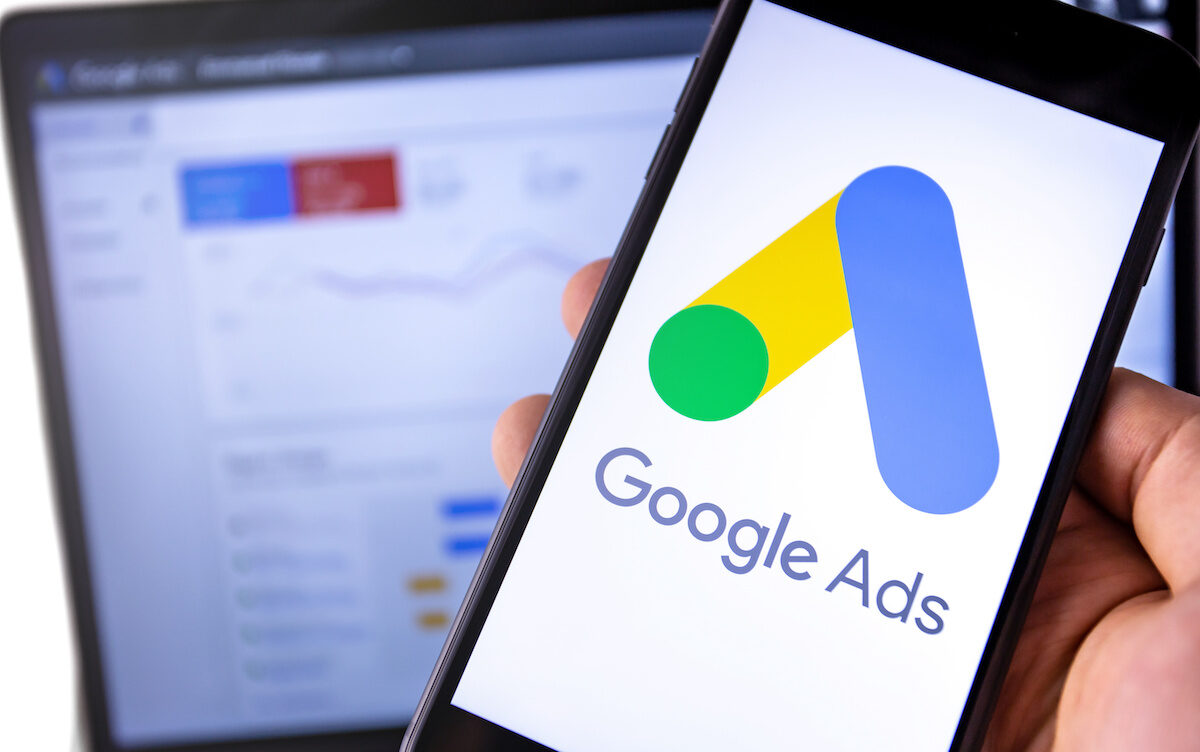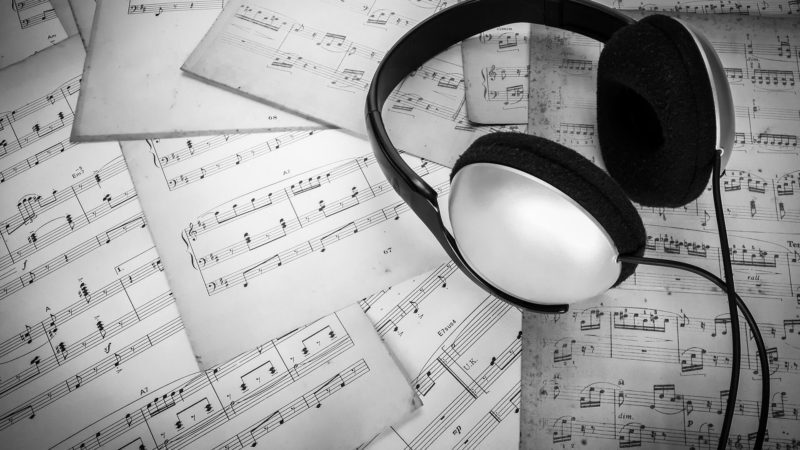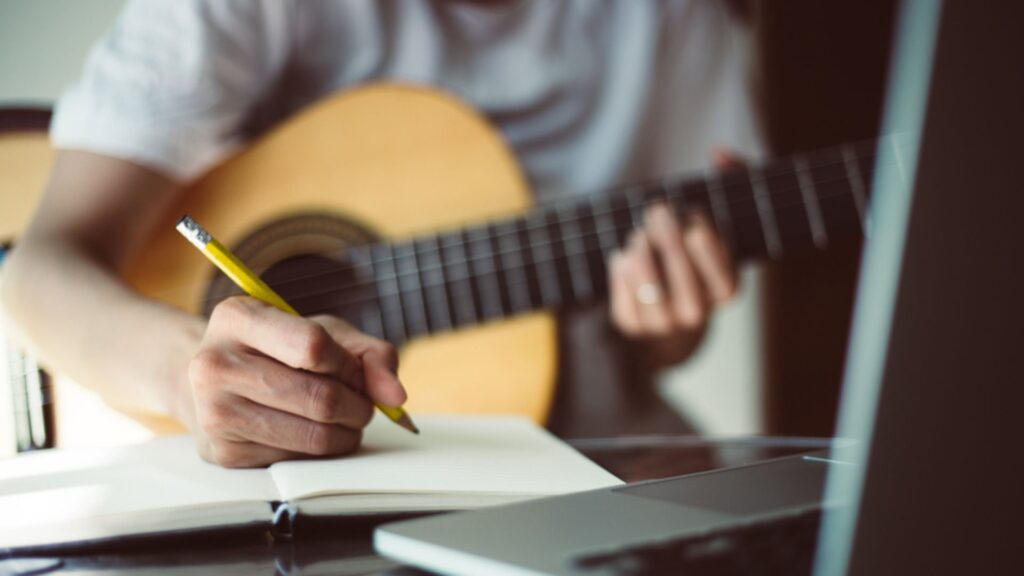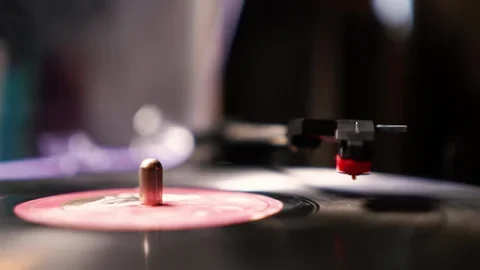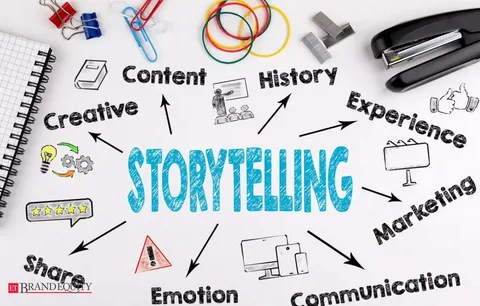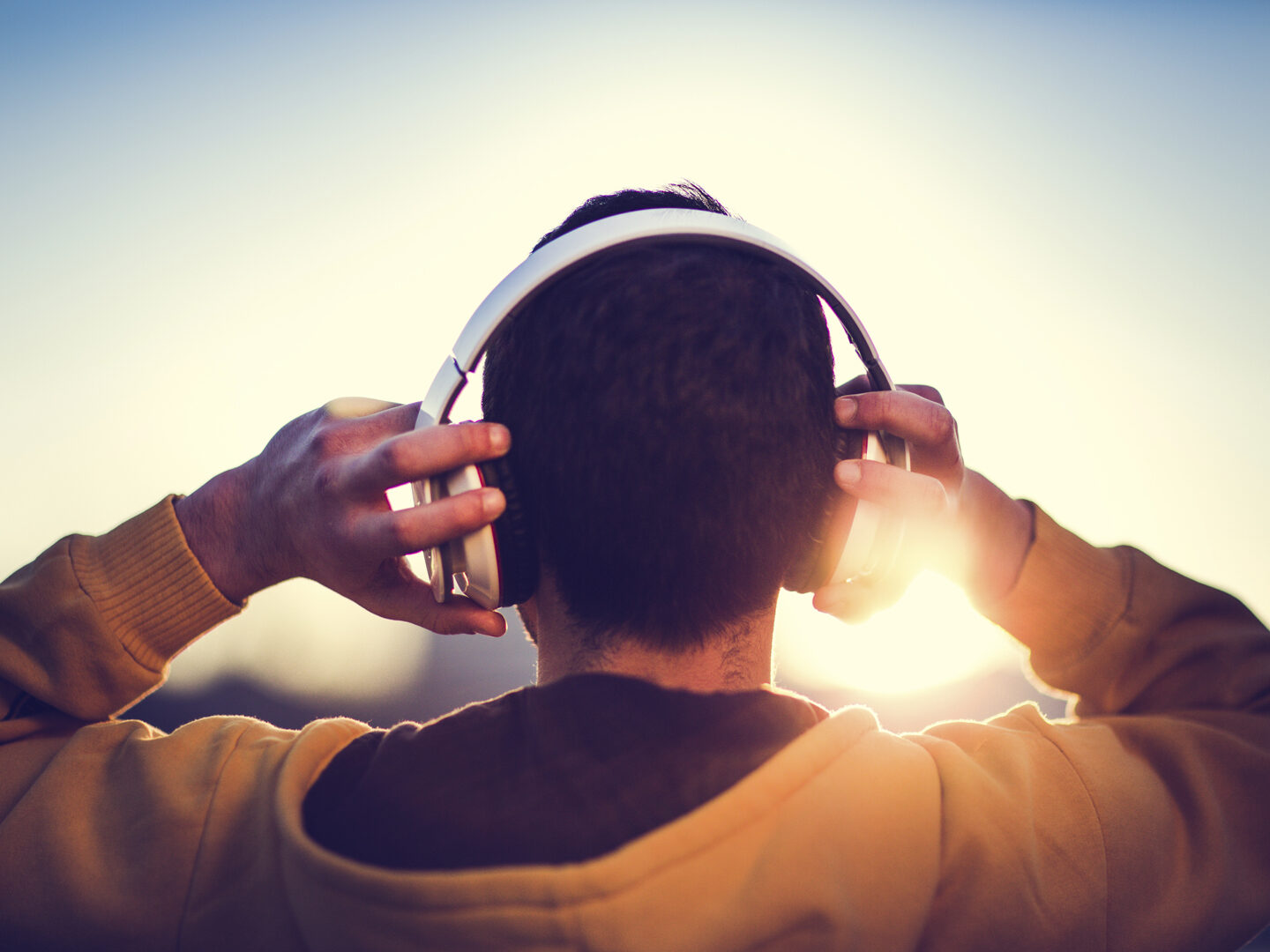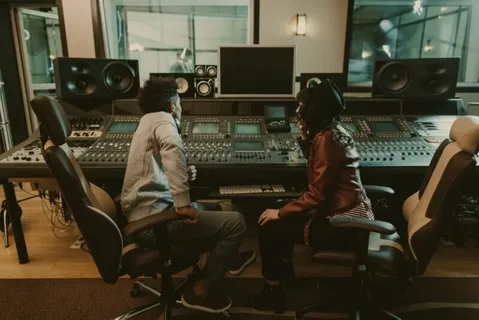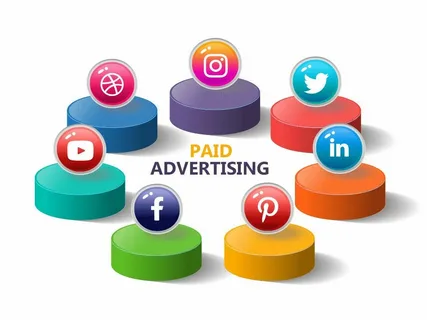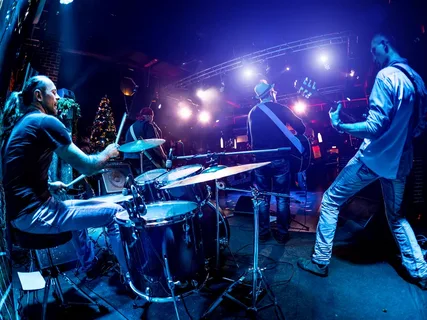How Long Does It Take for Google Ads to Work in Phoenix, Scottsdale & Tempe?
Advertising is a tool for getting something to sell or to be tried. They have had various forms, from papyrus to wallpaper, to Ronaldo promoting a shampoo brand on your phone. Advertisements have come a long way, they have been mastered and upgraded by many intelligent inputs, and these inputs have made them highly efficient in getting to sell a product. People are availing the opportunity, by using high tech highly efficient Google ads to get the upper hand in the market.
Due to Google ads, people everywhere have sensed the opportunity to get their local product or business out to a greater audience and greater sales. Small-scale businesses and Homegrown businesses have been seen growing exceptionally by using Google ads. Start-ups with the ability to shoot up to the ranks of a high-ranking business can be started anywhere, but that isn’t the case for everyone. People have used Google ads for their business to expand but have failed to reach the expected target and ask the question how long should advertisements run before profit.
This blog informs the reader on how long do Google ads take to work and what you can do to increase your ads’ running success. This blog is written with invaluable insights from highly
skilled and professional advertisement specialists from Kallen Media.
What to Expect in the First 7 Days of Running Google Ads
Okay, so you’re finished with your first ad publishing, and now you question how long should advertisements run before profit. Don’t fret, the first 7 days are crucial for any advertisement campaign and for you as an advertiser. Here is what you need to know for your campaign to be successful.
How to Know If Your Ads Will Succeed
The first seven days are not busy conversion-wise but they present you with indicators that show whether the campaign is moving towards your desired goal or not. First of all, one should check if your ads are receiving impressions, as these initial clicks are vital indicators of the progress. Secondly check the click-through rate, if it’s healthy or weak for the first days. The SEO and keywords play a crucial role, one should check if the keywords are triggering the required searches. Finally if the copy is actually creative and attractive enough to drive traffic towards you.
A person with less experience might feel jitters, and one may be tempted to change something with the hope of getting a better outcome, the professionals suggest not to make any major changes to your campaign in the initial seven days and closely observe the trends and clicks.
Now you know how long google ads take to work do.
Understanding Your Google Ads Learning Period
After the initial week, from days 7-14, google enters the learning phase. This phase is characterized by adjustment of algorithms to change with respect to your campaign.
Don’t Be Alarmed by Higher CPCs and Lower Conversions
One should not get worried as in the learning phase google is trying out new combinations of targeting and biddings. Trust Mr, Google and give him time as you’ll notice some not-so-good indicators in this phase. One may see a higher cost per click than usual. One may also observe fluctuations in the impression and clicks on your campaign.
Again making sudden and major changes in this period can hinder the natural growth as the algorithm is adjusting to the new set of data and input of new data might hinder your growth and normal process.
How to Optimize Google Ads for the First 3 Months
Month 1 – Gather Data
The first month is a data-gathering month. In the first month, one should keep a check on three major matrices. First, check which ad creatives are performing well and what keywords are generating the most desired results. Secondly one should check which devices, locations, and timings are working out for the campaign.
Month 2 – Make Adjustments
Now, you’re all equipped with all the relevant data and statistics. Now is the time to make changes that hyper-focus your reach and direct the flow of your campaign. Refine your keywords, remove low performers, and expand on the keywords performing the best. Add negative keywords to avoid unwanted traffic away and Test new ad variations with improved headlines and CTAs.
Month 3 – Grow Your Results
The third month is when you’ll see reliable, consistent performance improvements in your campaign. Now you have an optimized base, it’s high time to scale your approach.
At this phase, you ought to increase the budget to facilitate high-performing campaigns. Now is the time to start experimenting and employing new strategies like start testing conversion-
focused strategies like Target CPA or ROAS bidding.
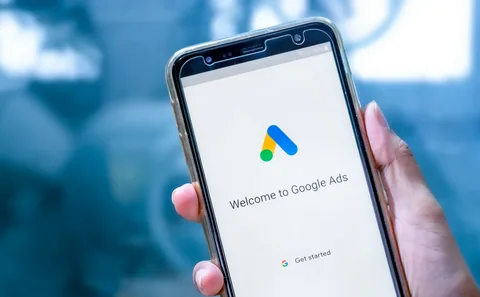
Focus Areas For Optimizing And Testing Your Google Ads
The Bid Strategy
- Select a strategy that aligns with your goals
- Monitor the performance and adjust settings based on ROI.
- Try various strategies and observe what works best for your campaign.
Keyword Performance And Search Query Reports
- Check term reports weekly to identify high-performing or irrelevant queries.
- Save by halting underperforming keywords.
- Add new keywords based on performing ones.
Reviewing And Optimizing The Negative Keyword List
- Keep a negative keyword list that will enable you to filter out low-quality traffic.
- Non converting and unrelated queries should be stopped being spent on.
Preventing Click Fraud
- Sudden spikes in clicks without conversions should be monitored.
- Suspicious activities should be dealt with exclusive IPs.
- Consider tools like ClickCease, and PPC Protect for fraud detection.
Running A/B Tests To Try Out Variations
- Try various headlines, descriptions, and calls to action.
- Experiment with landing pages to improve conversion rates.
- Google Ads’ built-in ad variation feature should be used for streamlined testing.
Common Mistakes That Delay Google Ads Results
I hope you’re all equipped with the information on what to do, now let me educate you on what are the steps and errors to avoid which might cause your campaign to fail to produce the expected result. The first major blunder people make is, as discussed above making major changes during the learning phase. Secondly, you can’t track what you can’t measure. So not installing conversion tracking is one of the major mistakes people make. Many new advertisers overlook keywords and search term reports, this is such a missed opportunity as these reports contain highly valuable nuggets of information on what keywords can produce the best results. Last but not least people tend to get technical and focus on the logical side with focus, ignoring the creative side. This proves to be devastating as good ad copy is critical for CTR and conversions.
Try to avoid above mentioned points, if you don’t want to look like a fool and sit there questioning how long should advertisements run before profit.
Best Practices to Get Faster Results in Google Ads
Google Ads is a very potent and effective tool if used with proper directions and professionalism. It can boost your ad campaign exponentially but the catch is, you have to learn how to use it. This requires time and effort, with thoughtful trial and error. It takes years to be a professional Google ads operator.
This is why many new businesses as well as highly stable old corporations acquire the expertise of professional advertisement services from reputed agencies like Kallen Media. They do not have to worry about advertisement conversion as highly experienced professionals take care of the advertisements.
If you’re a startup owner or a manager at a high-ranking corporation seeking high-quality Google ad services. Contact Kallen Media now for a free consultation and avail the best professional services.
Website: kallenmedia.com
Contact number: +1 (773) 524-1483
Email: nathan@kallenmedia.com
How to Combine Lyrics and Music Seamlessly
Now you have lyrics and melody, and we must merge both. Want my advice? Play, just play along, and you’ll get to the melody that fits. Experimentation can lead to surprising results. Never underestimate your gut feeling and never discard an interesting thought just because it feels new or different.
First, try to match the lyrics and melody with the emotion and the predetermined theme of your song. Secondly, match the mood with melody with the use of minor keys, which evoke sadness or introspection. If the song is of a lighter tone, Major keys tend to feel happier or more hopeful.
Write lyrics that have space to breathe and compose a melody that allows the singer to use the breathing gaps. This makes the song sound natural and catchy. Finally, edit the song for flow, which means play your song aloud multiple times and then identify weak points, stressors, and flow blockers. After identification, change the problematic points with flowable and melodic words and structures, and you’ll have a well-composed song in your hands.
FAQs – How long for Google Ads to work
Within 24 hours of approval google ads, but usually takes 1–2 weeks to gather data and up to 3 months for optimal performance.
No, Ads may get active quickly but it takes almost 2-4 months for a well-developed advertisement campaign to work.
Success rates change by industry and campaign quality. Campaigns often see a positive ROI, especially when targeting is accurate and conversions via landing pages do well.
Common reasons include
- Low Daily Budget
- Low Ad Rank
- Keyword Issues
- Audience Targeting Errors
- Ad Disapproval
- Schedule Conflicts
- Use the Ad Preview Tool
You can use your Google ads dashboard for insights on your campaign. One can also use conversion tracking and Google Analytics.
Once an ad is approved, they can start spending within a few hours.

